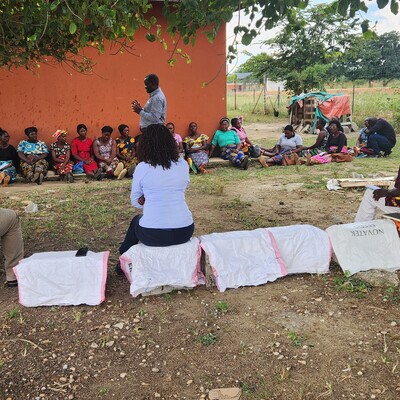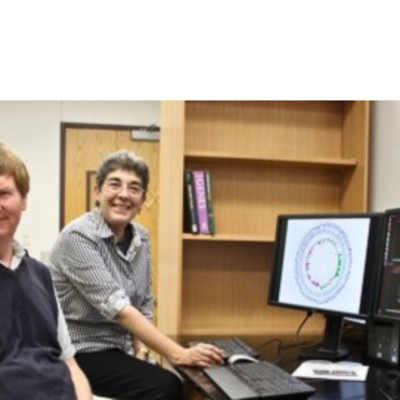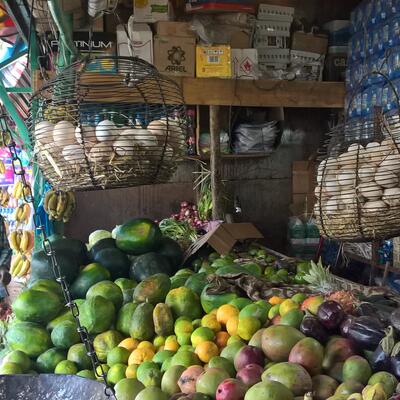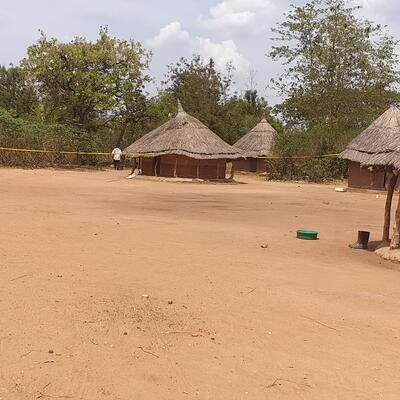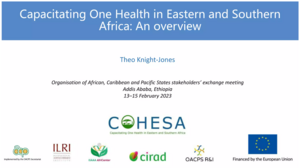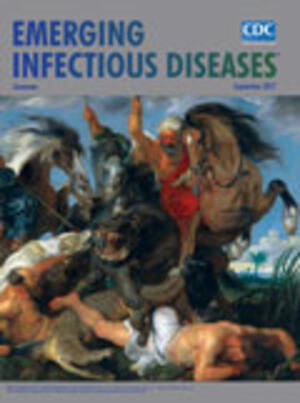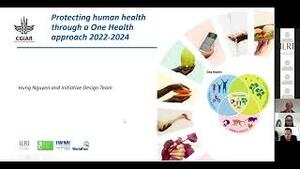
Food Safety a ‘Major Public Health Issue,’ Says UF/IFAS Professor Ahead of First-Ever World Food Safety Day
Written by Kirsten Romaguera, University of Florida Institute of Food and Agricultural Sciences (UF/IFAS)
The World Health Organization estimates that each year, 600 million people suffer from an episode of foodborne disease, or one out of every 10 global citizens. To highlight the need for safe, accessible food worldwide, the United Nations General Council last year proclaimed June 7 as World Food Safety Day, with this Friday marking its first observance.
Food safety encompasses everything from production to preparation to consumption, according to experts at the University of Florida Institute of Food and Agricultural Sciences who are involved in examining that process and its overall effects on human health.
“For a long time, food safety had not been considered a major public health issue,” said Arie Havelaar, a professor in the UF/IFAS department of animal sciences. “World Food Safety Day is a big step in building momentum, not only among governments, but also to remind the public every year that obtaining safe food continues to be a challenge for many in the world.”
Havelaar, who is also affiliated with the UF/IFAS Feed the Future Innovation Lab for Livestock Systems, the Emerging Pathogens Institute and the Institute for Sustainable Food Systems, primarily focuses his research on the transmission of infectious diseases between livestock and humans. In a just-published report, Havelaar and a global team of researchers examined the relationship between animal-sourced foods and human health. The study highlights the importance of nutrients provided by such foods in promoting fetal and child development, while also noting their potential to expose foodborne pathogens, particularly in countries where food control systems are lacking.
The report, published in the journal PLOS One on the eve of World Food Safety Day, aims to inform food safety management practices.

A typical plate served with fried pork and raw vegetables in East Africa (photo credit: ILRI/Martin Heilmann, Freie Universität Berlin).
Havelaar said that in countries like the United States, with food production regulations and good healthcare systems, such efforts have shown success in reducing incidences of foodborne illness and preventing fatalities when foodborne illnesses do arise. For many in low- and middle-income countries, however, the burden is much higher and deaths due to foodborne diseases are common. Children under five years of age bear the greatest risk.
“Our studies have shown that priorities differ between countries – even within the same region – so providing the best evidence about the burden of foodborne disease is key to prioritizing control methods,” Havelaar said. “What is important is that every actor in the food chain – government, industries, consumers – recognizes the role they play and sets up mechanisms to effectively work together. Some of it is educating the consumer, but it’s very difficult to change consumer habits. So, we also look at the processing of foods going all the way back to the farm.”
According to Keith Schneider, a professor in the UF/IFAS department of food science and human nutrition whose research primarily focuses on fruits and vegetables, the food supply chain also includes the water sources available to producers.
“A lot of the issues we may attribute to food may come down to not having clean water, and when produce may be irrigated by contaminated water,” Schneider said.
In the home, cleanliness is also key to food safety, he added, emphasizing safe storage and preparation practices through sanitization of all surfaces, including “hands, countertops, cutting boards, utensils, refrigerator and pantry.”
But many aspects of food safety are outside consumer control, said Michelle Danyluk, associate professor of food science at the UF/IFAS Citrus Research and Education Center in Lake Alfred, Florida.
“In certain places, if your choice is between safe food and available food, you’re going to eat what’s available,” said Danyluk, who in April was elected to a five-year term on the International Association of Food Protection’s executive board, which concludes with a year as its president. The organization convenes professionals in government, industry and academia to advance food safety needs worldwide.
“Food safety is such an important international issue, having that discussion at a global level is very important,” Danyluk said. “So the fact that the U.N., WHO and the Food and Agriculture Organization recognized World Food Safety Day is a tremendous step in recognizing a very significant problem.”
Both, Michelle Danyluk and Arie Havelaar, are research partners in the ILRI-led project “Urban food markets in Africa: Incentivizing food safety using a pull-push approach” supported by the Bill & Melinda Gates Foundation, UK aid from the UK Department for International Development, and the CGIAR Research Program on Agriculture for Nutrition and Health led by the International Food Policy Research Institute.







